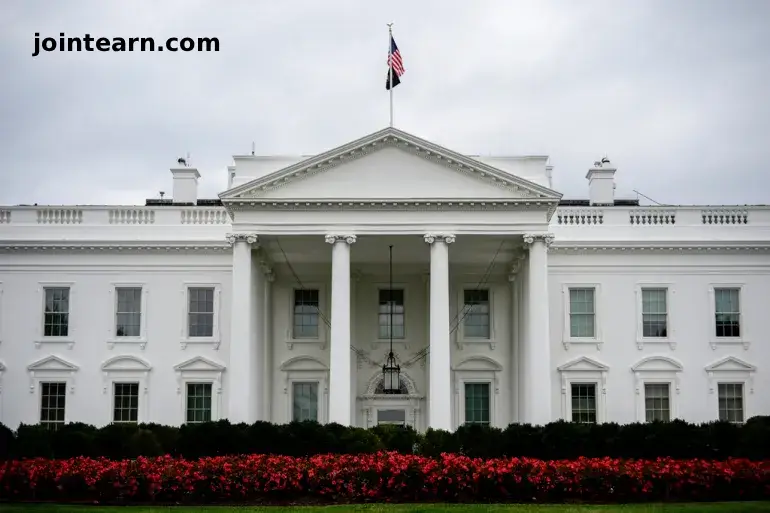
TUCSON, Ariz. — October 21, 2025 — The University of Arizona has officially declined to sign the Trump administration’s Compact for Academic Excellence in Higher Education, joining a growing list of elite universities rejecting the controversial policy framework tied to preferential access to federal research funding.
The Tucson-based institution announced its decision on Monday, emphasizing its commitment to academic freedom, institutional independence, and merit-based research funding — principles it said could be compromised by the new federal requirements.
“The University of Arizona remains steadfast in its dedication to open inquiry and equal opportunity,” the school said in a statement. “While some recommendations warrant discussion, many of these principles are already part of our institutional values.”
Seven of Nine Universities Decline the Compact
The University of Arizona becomes the seventh of nine universities approached by the White House to reject the compact.
Others that have declined include Brown University, the Massachusetts Institute of Technology (MIT), the University of Southern California (USC), the University of Pennsylvania, the University of Virginia, and Dartmouth College.
As the Monday deadline imposed by the Trump administration passed, only Vanderbilt University and the University of Texas at Austin had yet to publicly declare their decisions.
Vanderbilt’s Chancellor Daniel Diermeier said his institution was “continuing constructive dialogue” with the administration but had not been required to formally accept or reject the proposal.
Inside the Trump Administration’s Higher Education Compact
The Compact for Academic Excellence in Higher Education outlines a series of ideological and structural mandates for universities seeking priority consideration in federal funding allocations.
Among its most controversial provisions are:
- A ban on using race or sex in student admissions or faculty hiring;
- A cap limiting international students to 15 percent of total undergraduate enrollment;
- A mandate to maintain “a vibrant marketplace of ideas” on campus by curbing what the White House described as “dominant political ideologies”;
- A requirement to abolish academic departments accused of “punishing or silencing conservative viewpoints.”
Critics say the compact represents a politicization of higher education funding and an attempt to suppress academic diversity.
Widespread Backlash from Academic Organizations
The proposed compact has triggered significant backlash from major education bodies.
The American Federation of Teachers (AFT) condemned the offer as “a dangerous precedent of political interference,” while the American Association of University Professors (AAUP) warned it could erode the independence of academic research.
“The Trump administration’s offer to give preferential treatment to colleges and universities that court government favour stinks of favouritism, patronage, and ideological bribery,” the AFT said in a statement.
Political and Legal Tensions Escalate
Since Donald Trump’s return to the White House in January 2025, his administration has linked federal funding decisions to political considerations — including university responses to pro-Palestinian protests and diversity initiatives.
Earlier this year, a federal judge ruled that the administration unlawfully cut more than $2.2 billion in research grants to Harvard University, citing violations of constitutional protections.
In her ruling, Judge Allison Burroughs accused the government of using “anti-Semitism as a smokescreen for a targeted, ideologically motivated assault on the nation’s premier universities.”
The Trump administration has argued that its policies are intended to protect Jewish students and promote viewpoint diversity following large-scale campus demonstrations against Israel’s military campaign in Gaza, which has killed more than 68,000 people since 2023.
Student groups and free speech advocates have denounced these claims as political manipulation aimed at silencing dissent.
The Future of Federal Research Funding
With seven universities now rejecting the compact, the administration faces mounting resistance to its attempts to reshape the academic landscape through funding leverage.
Legal experts predict that more lawsuits and constitutional challenges could follow if the White House continues conditioning research grants on compliance with ideological criteria.
Despite federal pressure, many universities have reaffirmed their commitment to academic independence and inclusive learning environments, arguing that government intervention undermines both.
As debates over free speech, diversity, and state influence intensify, the University of Arizona’s decision marks a defining moment in the struggle between academic integrity and political control in U.S. higher education.


Leave a Reply